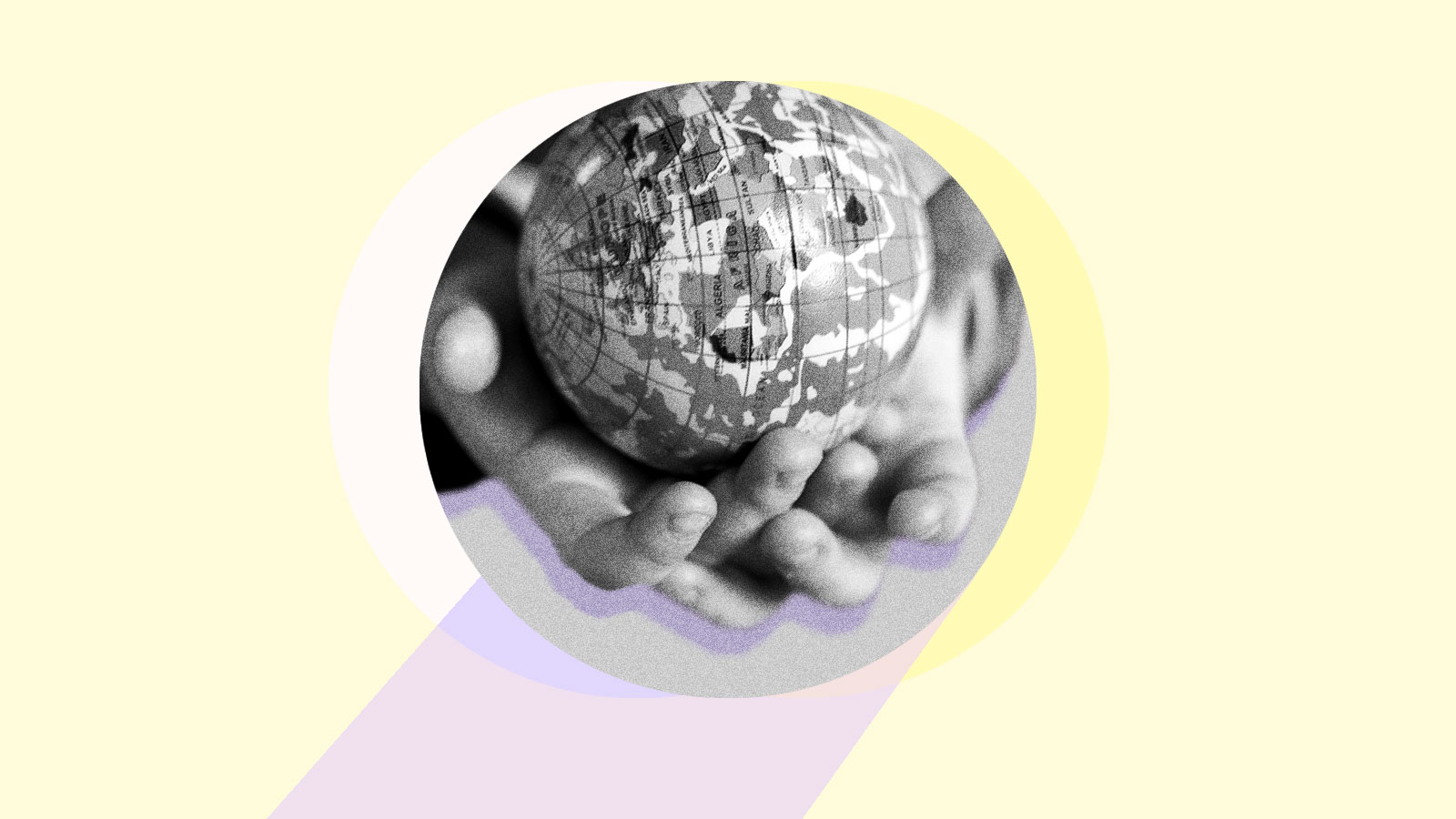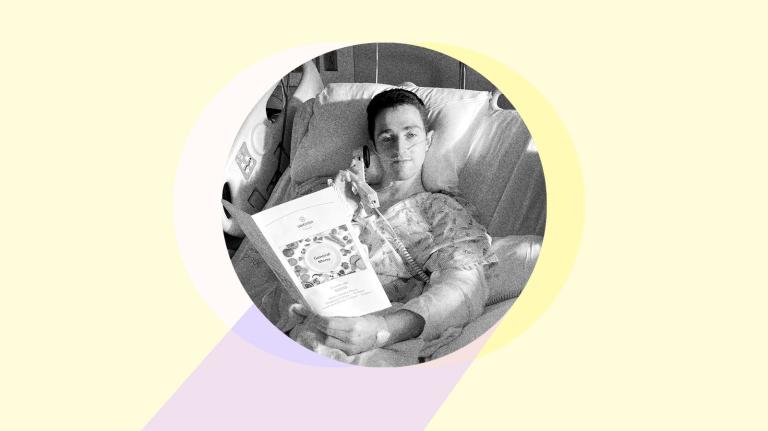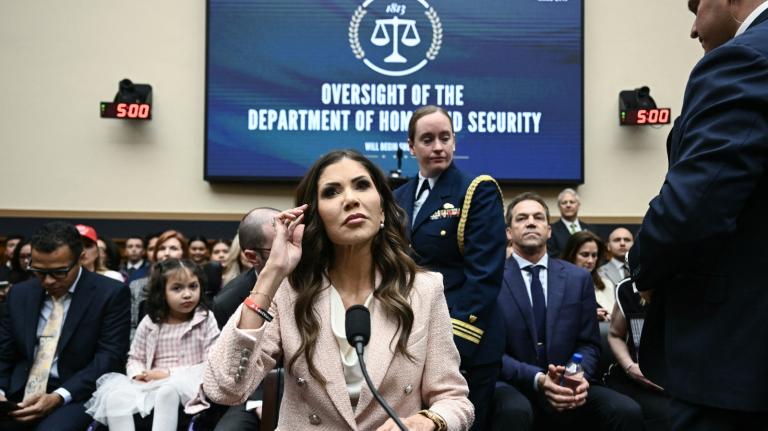Gina McCarthy is the president and chief executive officer of NRDC and 13th administrator of the Environmental Protection Agency.
This essay was first published in our semi-weekly newsletter, Climate in the Time of Coronavirus, which you can subscribe to here.
I will never forget the feeling of holding my children in my arms for the first time. I was amazed at how I could be so in love with this tiny person who I had never even met before. But I was also terrified, because I knew right then and there that my future and my happiness were inextricably linked to them, forever. No longer was my world all about me. If my son or daughter wasn’t healthy and happy, then my whole world would fall apart. I dedicated my entire career to public health because I wanted them, and children everywhere, to live in a healthier world — one with clean air, safe drinking water, and endless opportunity. Becoming a grandmother only raised the stakes. My two beautiful young grandkids will be in their early 30s by 2050 — the year scientists say we must be well on our way to a zero-carbon future to avoid the worst impacts of climate change. Add to that the unprecedented global pandemic we’re now fighting at the same time, and I am more determined than ever to leave them a brighter, more hopeful future to look forward to.
The handling of this virus has taught us five valuable lessons. First, science is important. Second, humans have a major impact on the world — and people are now seeing how quickly our air and water can bounce back if given the chance. Third, people of color and low-income communities can’t keep bearing the brunt of pollution and other threats to public health. Fourth, people can and will change their behavior when they know it’s in their best interest. And fifth,a functioning government is essential to effectively addressing a crisis.
What do these lessons mean? Hope does spring eternal. We can make a better future, if we act on them. We can tackle climate change. We have solutions that can make our country healthier and more resilient — physically and economically — in the face of both the coronavirus and climate crisis. To rebuild from this crisis, these are the solutions our government leaders should invest in.
None is more effective, or offers more hope, than clean energy. This sector will reduce the pollution that harms our health and fuels the climate crisis, while at the same time boosting the economy and creating jobs — far better than fossil fuels ever could. Our leaders in Congress can jumpstart the nation down that path by passing a responsible economic recovery package that recognizes the value of investing in clean energy.
Over the past five years, clean energy employment has grown 70 percent faster than the workforce overall. Before the pandemic, there were 3.4 million Americans working in clean energy and vehicles — and energy efficiency alone employed twice as many workers as the entire fossil fuel industry.
In contrast, oil and gas producers were drowning in debt and bankruptcies months before the pandemic struck — despite the enormous taxpayer subsidies they receive. Yet the Trump administration wants to bail them out.
A better use of recovery funds would be supporting energy efficiency improvements and weatherization programs in schools, public buildings, and low-income housing. Or reinstating programs to provide clean energy producers with emergency cash to keep their doors open and their payrolls met. We can increase funding to community colleges to help train displaced workers for careers in clean energy. Or create incentives to support the growth of wind and solar power and electric vehicle sales. We can grow the national network of electric vehicle charging stations, modernize the electricity distribution grid, and accelerate the next generation of energy storage technology.
Both the coronavirus and the climate crisis underscore the reality that we’re all very vulnerable, we’re all connected, and we all have to work as one world to solve them. Let’s use this as a wake-up call to invest in the solutions that can give our children and our grandchildren the future they deserve.




